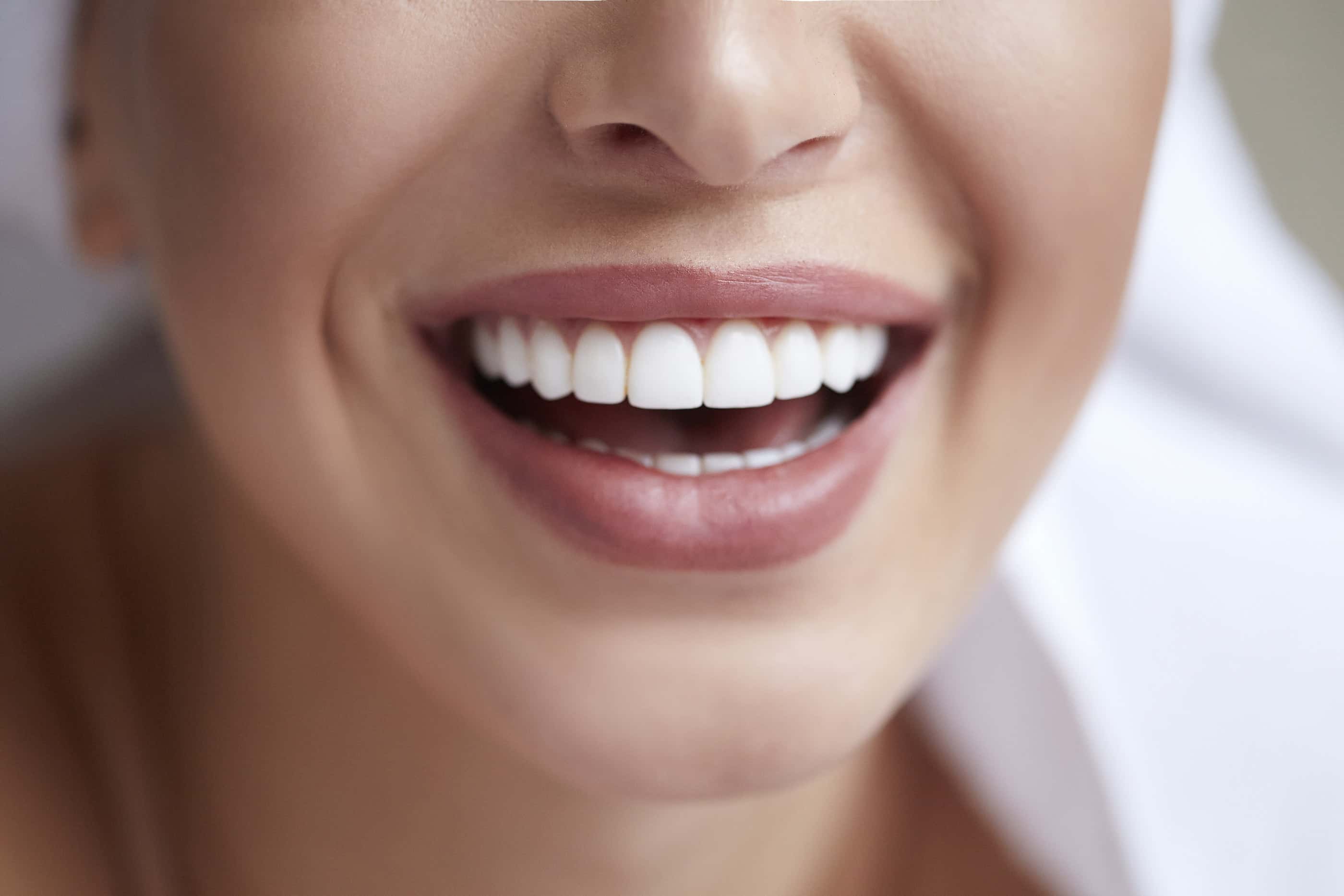
A white smile is a lovely feature. But how do whitening strips make your teeth so sparkly? Are there any drawbacks to using these over-the-counter strips frequently?
Are Whitening Strips Good for Your Teeth?
The active ingredient in all tooth whitening products is hydrogen peroxide, well known as a bleaching product. Unfortunately, it may not be healthy for teeth. Scientists recently presented research demonstrating that hydrogen peroxide can damage the dentin layer of teeth that lies just below the enamel (Experimental Biology annual meeting, Orlando, FL, April 9, 2019). In extracted teeth, hydrogen peroxide can break down the collagen in the dentin. Dentists are not convinced, however, that this is a problem in everyday use.
Q. Tooth whitening is now very popular. I certainly would like my teeth to look whiter, but I want to know if there are risks to one’s health from using tooth whitening strips. If so, it would be preferable to not have bright shining teeth!
Tooth Whitening Options:
A. There are a number of options for making teeth whiter. The dentist can perform the bleaching procedure in the office or provide kits to use at home. You can also buy whitening strips over the counter.
All such products work through hydrogen peroxide. What differs is the concentration.
Check with Your Dentist:
It makes sense to check with your dentist first before you use a bleaching product. They have the potential to cause tooth sensitivity, for which the dentist can recommend sensitivity-reducing toothpaste.
If a tooth has a crack or a cavity, applying the bleaching product could result in significant pain. Whiteners only work on natural teeth, not on caps, crowns or fillings.
Watch Out for Re-Staining:
After bleaching, the teeth are more susceptible to re-staining, so wait several days before eating or drinking anything dark, such as wine, tea, coffee, blueberries or chocolate. Provided you don’t bleach too frequently (probably not more than twice a year), tooth whitening products are thought to be safe and effective. Further research on the effects of hydrogen peroxide on dentin in teeth may change that assessment in the future, however.
Citations
- Tadros, J, et al, "Degradation of proteins extracted from teeth by hydrogen peroxide." Experimental Biology annual meeting, Orlando, FL, April 9, 2019.


